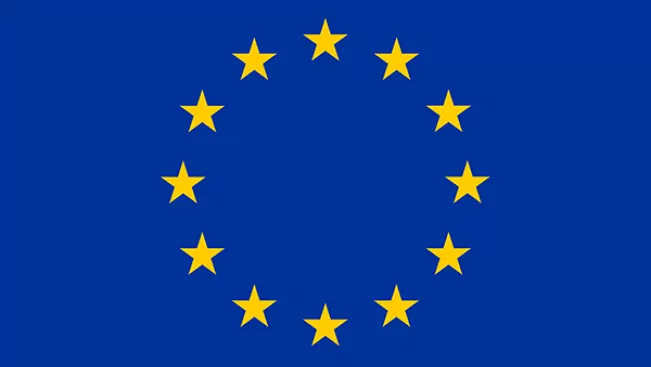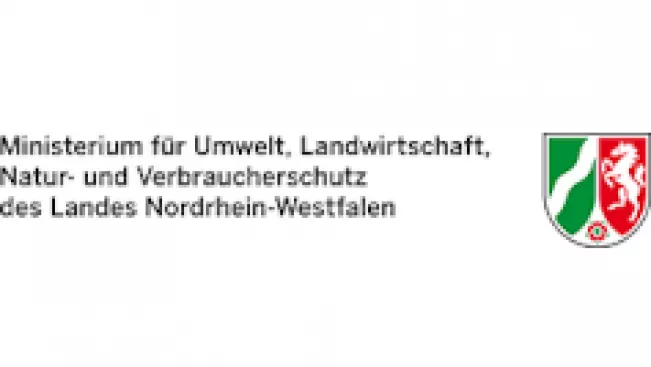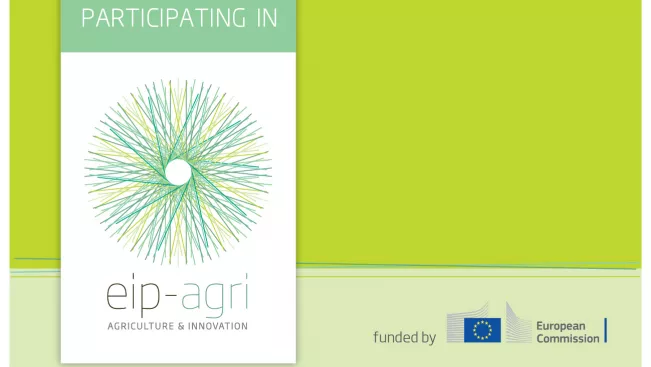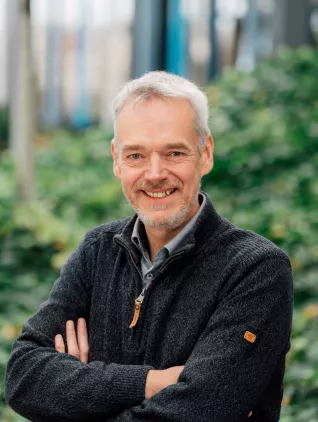Roiporq - Alternative husbandry systems for more sustainability in pork production
Research project at a glance
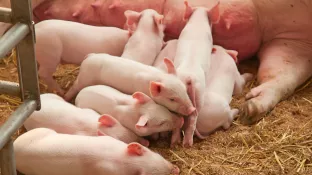
Departments and Instituts
Funding type
Period
01.01.2017 to 30.06.2020
Project Description
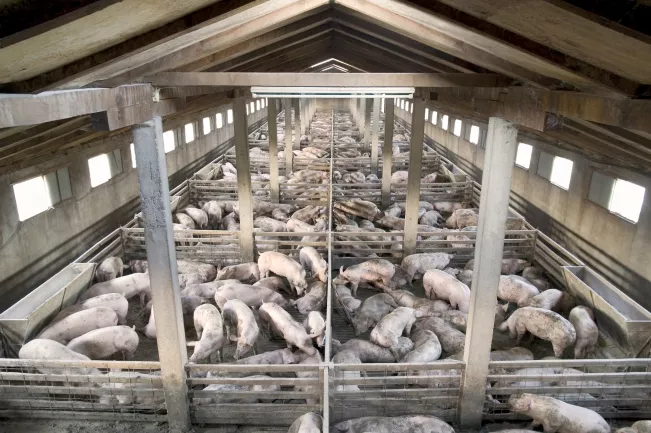
In the project "Roiporq - Suitability of a special pig cross-breeding for alternative forms of husbandry with full physical integrity of the animals for differentiation in the market", a special pig cross-breeding suitable for conventional and organic fattening will be tested for market suitability. The meat of this cross-breeding should be sensorially distinguishable for consumers and thus be recognizably differentiated from conventionally produced pork.
No antibiotics and zootechnical interventions
The use of antibiotics and zootechnical interventions is to be avoided in rearing and fattening. This includes not castrating male animals and not grinding teeth.
New market opportunities are to be opened up by differentiating process and product parameters in the area of pork production. The aim here is not to supply small niche markets, but to determine whether a change in meat quality can find acceptance in society.
Scientific monitoring
The sustainability aspects of the underlying environmentally and animal-friendly production standards (for example, feeding, husbandry, cross-breeding of different pig breeds) are to be comprehensively researched.
To this end, various sustainability and quality indicators will be worked out under scientific supervision, which can support corresponding communication strategies.
Further project information
Upon request, Prof. Martin Hamer (martin.hamer@h-brs.de) will provide you with documents containing further information about the project.
Reports:
Final report of the focus groups
Social media analysis (ubermetrics)
Hot spot analysis as a sustainability assessment tool
EIP Workshop Roiporq
Brief overviews:
Project profile and project poster
Poster sustainability report
Comparison of pig breeds (Pietrain vs Canadian Duroc) and empirical values from practice
Economic evaluation
Cooperation partners
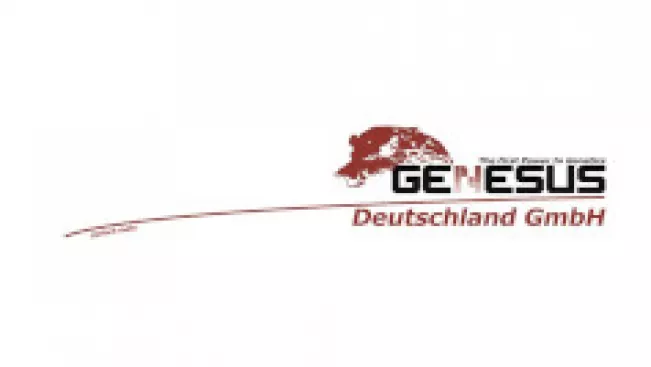
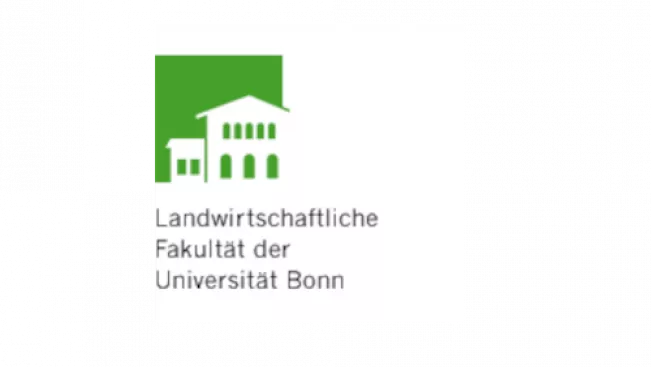
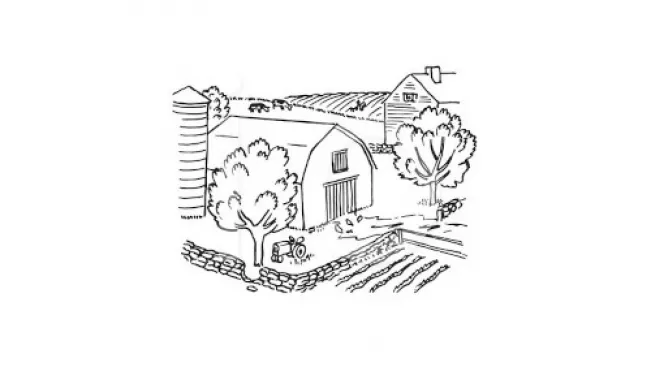

Sponsors
